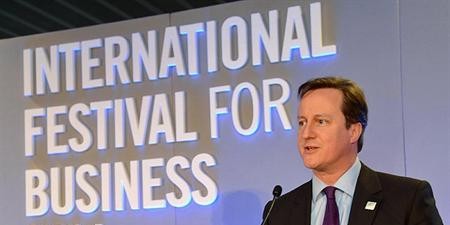Last week marked the closing of the International Festival for Business (2014) which attracted thousands of investors from all corners to the globe to Liverpool and the city is now looking at how its legacy will influence local economic revival.
The bars, restaurants, offices and venues of Liverpool all joined forces to put on the 50-day festival which boasted a programme of over 400 events. Arounf 75,000 delegates flocked to the city to contribute to what IFB chief executive Max Steinberg is calling a crucial turning point for the city.
He said:
“The world has come to Liverpool and that’s a huge transformation from 1981, a time where we were struggling to bring in private sector investment. Now not only has the government entrusted Liverpool with the concept of IFB but I also think this city better understands the private sector now, more so than it did 30 years ago.”
The IFB set out with aims to create £1.7bn in new contracts and bringing an extra £100m of foreign direct investment into the north-west by 2020 and doubling UK exports. The second target was set by George Osborne for the whole UK in 2012 and can only be met with more of the achievements like those that the IFB is working towards.
The festival has already had a huge impact on the economy in the short-term as local hotels reported increases of 15% in revenues as guests descended to attend an array of international conventions, exhibitions, conferences, product launches, seminars, workshops and award ceremonies.
L2 Project
However Steinberg is also championing the long-term benefits of the IFB ahead of the L2 project which is set to be established in Liverpool Waters in 2015. The scheme undertaken by Peel Group aims to compete with Rotterdam as some of the world’s largest ships will be able to dock on the Mersey.
Source: The Guardian
Image source: C&IT Magazine

